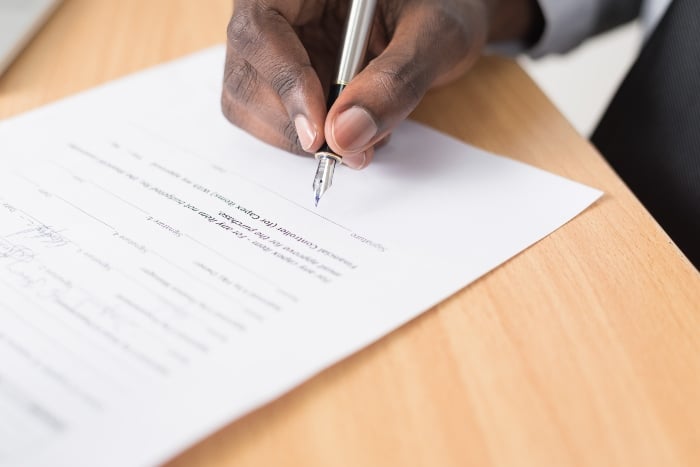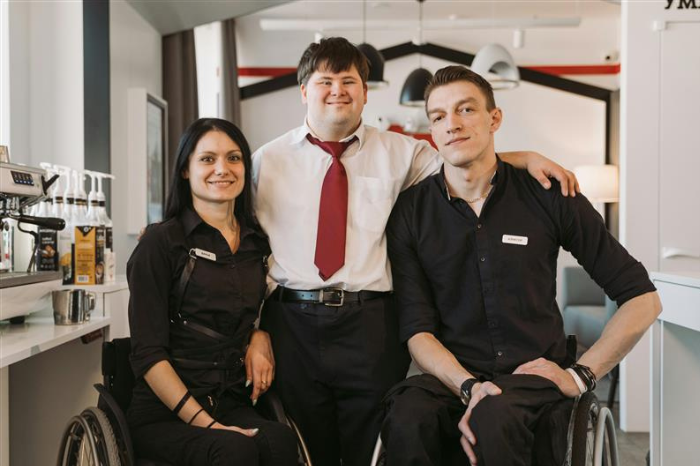
Service agreements sound complicated but really their purpose is quite simple: to put in writing the details of the service you will receive, an agreed payment amount and any other responsibilities you might expect of each other.
Service agreements are mandatory for registered providers, so you probably already have a few in place. If you have a plan manager, you are able to use non-registered providers. Service agreements are optional for non-registered providers, but that doesn’t mean you can’t ask your provider to have one in place.
When you use your National Disability Insurance Scheme (NDIS) funding to pay a provider for supports, you are entering into an arrangement with each other. So this agreement already exists, it’s just not written down, which can mean that the details of your agreement can be open to interpretation. A service agreement puts everything in writing so both parties have a clear understanding of what supports will take place and how they will be delivered.
Some providers may be open to negotiating the cost of their services and a service agreement is a good way of putting down in writing the agreed cost for your supports.
Usually, a service agreement will cover:
A service agreement is in place to protect both you and your provider, so the terms need to be fair and understandable by all parties involved.
Service agreements can be particularly useful for services that are tailored or personalised to your needs, for example, support work. You can use the agreement to be specific about what you expect about things like, the tasks you need help with, what happens if you or the support worker need to cancel or who is responsible for covering travel costs and in what circumstances. A service agreement for cleaning might include things like who provides the cleaning products, whether there are any off-limits areas you don’t want cleaned, or what happens if either you or the cleaner need to cancel the booking. The service agreement is yours as well as the provider’s, so you can ask to negotiate or add in terms that are important to you. Some providers will be more flexible about this than others.
It’s important that you understand what you are agreeing to, and providers should be considerate about giving you the information in the language or way of communicating that you understand. It’s your right to ask questions about any part of the service agreement before you sign.
A family member, trusted friend or support worker can help you understand the terms of the agreement, but without formal authorisation, they can’t sign the agreement.
Remember, you don’t have to sign a service agreement if you’re not comfortable with what it says. If you want help understanding a service agreement or you’re uncomfortable with the terms of a service agreement, you can ask for help from a disability advocacy group or support coordinator or local area coordinator (LAC), or contact the National Disability Insurance Agency or NDIS Commission. No service agreement can override the NDIS Code of Conduct.
A service agreement must be made between the client and the provider. The agreement can only be signed by the client themselves or a decision maker with the power to sign on their behalf. This might be a parent or other plan nominee, guardian, administrator (or financial manager) or an attorney if the terms of the agreement are within their legal authority.
It’s also a good idea to keep a copy of the signed agreement for future reference.
Remember, you have the choice and control over your supports and how your provider’s services will help meet your needs. If you’re looking to reassess your needs or search for a new provider we have an article about this very topic.


